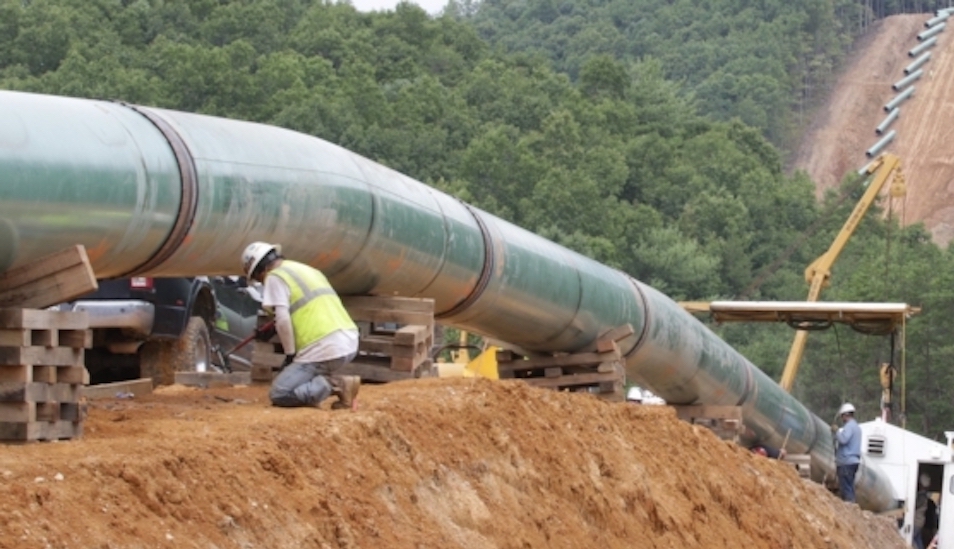
Equitrans and the Mountain Climb
Not quite a month ago, Chairman and CEO Thomas F. Karam of Pa.-based Equitrans, struck a somber tone in the company’s 1Q earnings report.
Before announcing details of what otherwise proved a strong quarter, he expressed dismay over yet another courtroom defeat for the beleaguered Mountain Valley Pipeline and dim hopes the project would be completed this year. After four years of stops and starts, the $6.6 billion natural gas line that stretches 303 miles from W.V., to Va., was all but doomed. Or so it seemed.
Reese Energy Consulting today is following the latest on MVP and the startling news that the pipeline will be fast-tracked to a greenlight. That’s not to say the project’s enviro-detractors will simply move along, but for now Mountain Valley is back from its Marcellus grave. Pipeline constraints in the nation’s largest natural gas region have worsened since the 2020 demise of the 600-mile Atlantic Coast Pipeline, which would have flowed more supplies to growing markets to the south. The cancellation of ACP set off a wave of other court-ordered shutdowns across the U.S., including Energy Transfer’s Dakota Access and TC Energy’s Keystone XL.
In a stark example of the need for permitting reform, Equitrans CEO Karam began his 1Q commentary with this: “The MVP project has almost certainly gone through more environmental review and scrutiny than any natural gas pipeline project in U.S. history…”
